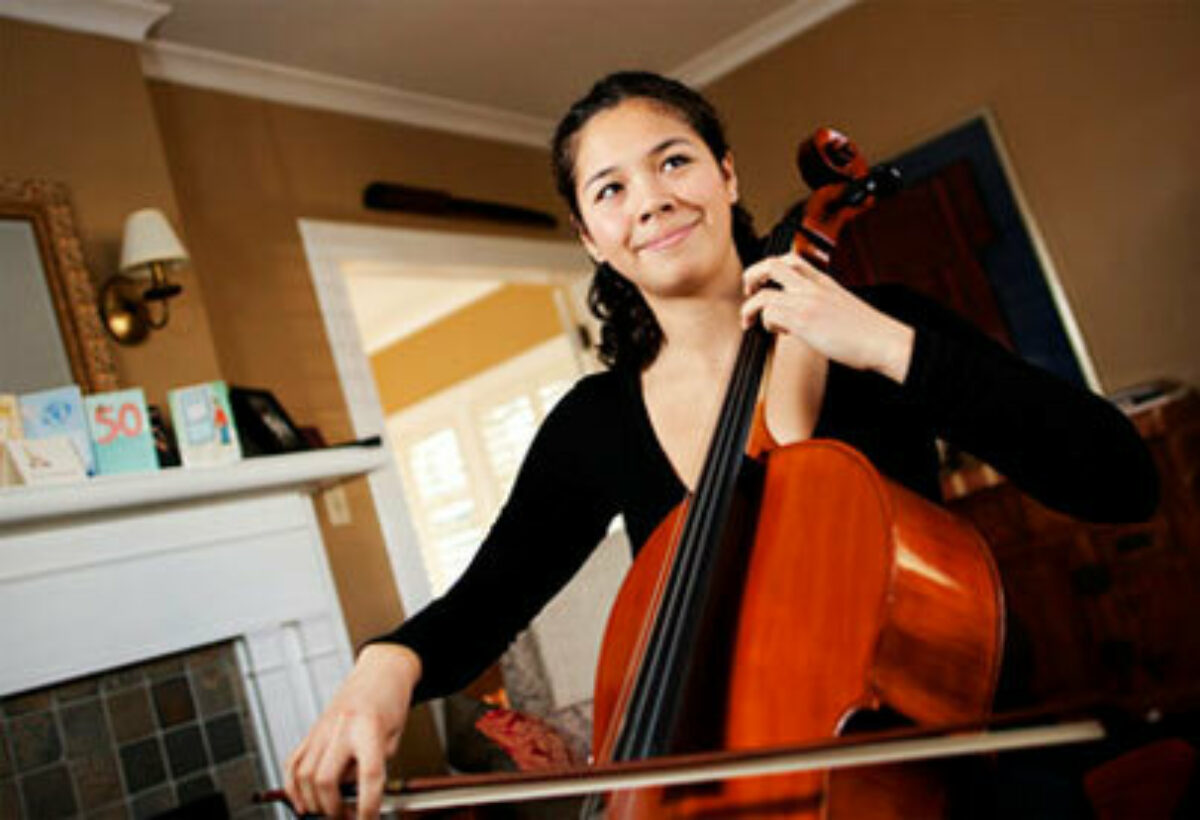BC student saves a stranger’s life with CPR

A feeling of excitement filled the air as 42 year old Vancouver businesswoman Sandra and her husband Cris boarded a crowded bus to head home from the Vancouver 2010 Olympics. She and her husband had just watched the men’s figure skating final in which American Evan Lysacek upset Russia’s Evgeny Plushenko for gold. “We were talking about the skating program and trying to decide where to go for dinner”, recounts Sandra. “I started to feel ill and all of a sudden I felt like a black curtain came up from my chin to the top of my head.”
As Cris reached for his wife, he recalled with fear a letter Sandra’s Mom in Nova Scotia had sent the previous month about an aunt who was diagnosed with AVRC, a rare genetic disorder, in which one of the symptoms was sudden death. “I heard her breathing, an acute sucking sound, maybe 10 breaths or less,” says Cris. “Her eyes opened with an indescribable look of horror, almost like that picture, The Scream.” Cris called out for help from the crowd. No one came forward. He started CPR as best as he could, trying to recall the CPR training he had received over 30 years ago, and called out for help one more time. This time, a young girl pushed her way through the crowded bus and said, “I know CPR!”
Erin, just sixteen years old, and her father took over performing CPR on Sandra.
“I assessed her and then I started doing compressions while my dad gave breaths. Learning CPR at school really helped. I knew what to do” remembers Erin.
Remarkably, after a few minutes of CPR Sandra regained consciousness and was able to walk off the bus to the ambulance. Once she reached the hospital, a specialist confirmed she had experienced a cardiac arrest. A few days later, she had an internal defibrillator implanted in her chest.
Sandra has since made a full recovery and continues to run 10 km three times a week. Only a few months after her cardiac arrest she completed a 10 km race placing in the top 50 women in her age group. She is very thankful Erin was able to learn CPR in school, “If it weren’t for Erin, I would have died. CPR is an invaluable skill to have. It can mean the difference between life and death. Erin’s knowledge and decisive action saved my life.”
The Advanced Coronary Treatment (ACT) Foundation is an award-winning, national charitable organization dedicated to establishing CPR in high schools across Canada. More than 1.8 million youth have been trained in CPR through this lifesaving program to date.
